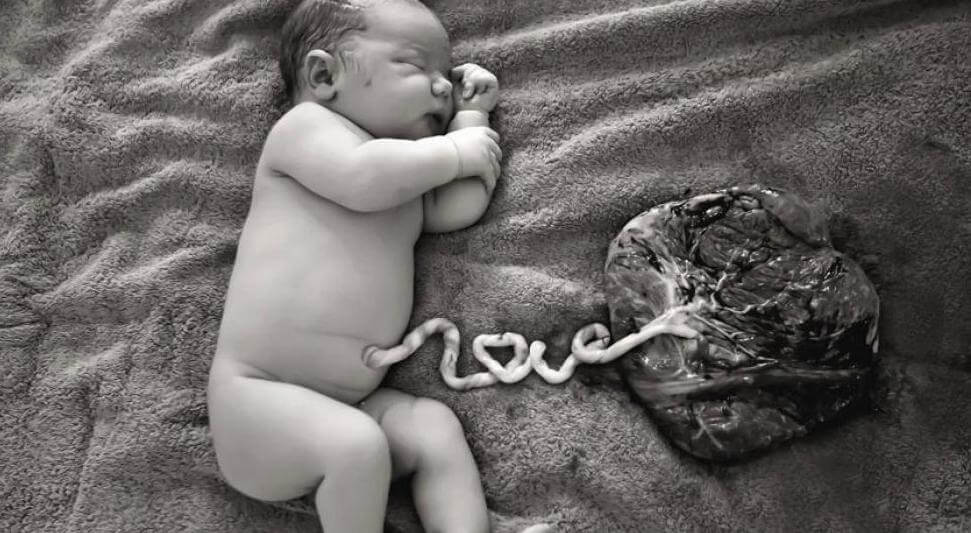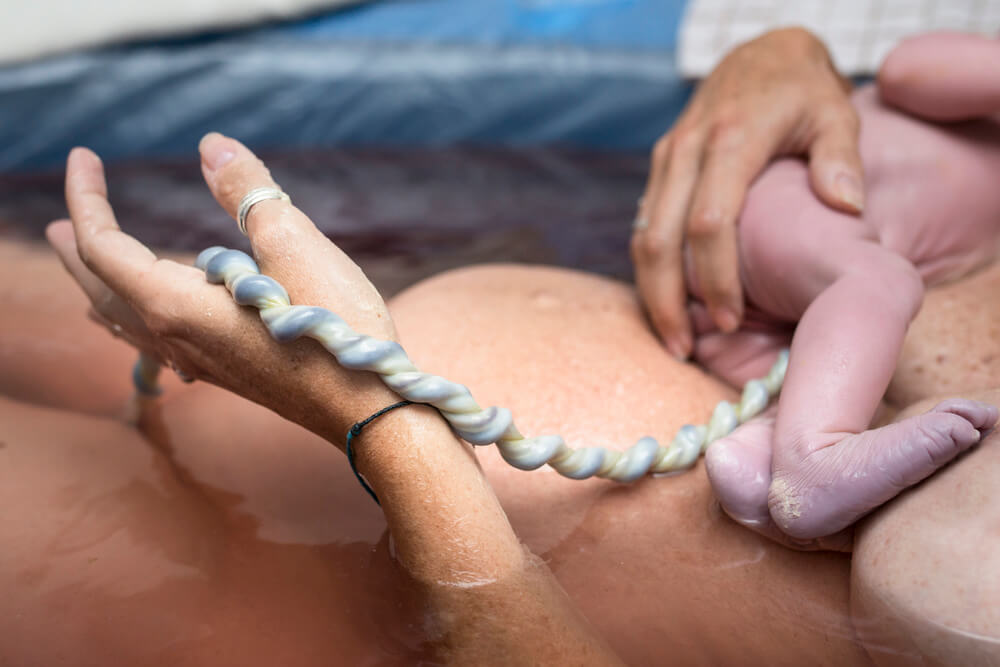How Donating Umbilical Cord Blood Can Save Lives

Donating umbilical cord blood or tissue can save the life of a newborn baby. But it can also help thousands of other people around the world, or even your own family.
Until a few years ago, when a baby was born, hospital staff would throw away the placenta and umbilical cord. But we now know that these tissues, and especially the umbilical cord itself, are packed full of stem cells.
Stem cells are precious. They have characteristics that make them different from the rest of the cells that make up our bodies. Their most important feature is their ability to produce different kinds of cells.
Stem cells are the source from which tissues and organs in our body can regenerate. They are non-specialized cells which are able to renew themselves and multiply.
Donating your umbilical cord blood is painless

The ideal moment to extract stem cells is after a baby is born, but before the placenta comes out. This is not our only chance to harvest stem cells, which are present in our bodies throughout our lives, but it is the best time to do it.
The stem cells that doctors can obtain from the umbilical cord are free from infections and the influence of other agents. These cells are as pure as the newborn baby.
Donating umbilical cord blood is a painless process, and you can do it immediately after giving birth.
When the baby comes out, your medical team will cut the umbilical cord. In this moment, the obstetrician extracts blood from the umbilical vein. This is the only time in our lives when it is possible to extract such a large quantity of stem cells.
These stem cells from the blood in the umbilical cord can benefit other patients who suffer from bone marrow disorders. Stem cell transplants allow recipients to generate new, healthy blood cells, which are essential to life.
Why is it so important to donate blood from the umbilical cord?
Stem cells from the umbilical cord can help to heal degenerative illnesses. They have also been used for a number of years in the treatment of blood disorders, such as leukaemia.
In fact, in the United States and several European countries, which have leading research in this area, scientists are working to use stem cells to regenerate intestinal tissue and other organs.
Donating umbilical cord blood can benefit many people. For this reason, most developed countries keep a Registry of Voluntary Donors. These records contain data on people in each country who are willing to donate tissue.
The organizations in charge of maintaining these registries also search for donors who are compatible with patients who need transplants. Details about each donation are therefore coded and included in the database, which is completely confidential.
Blood taken from the umbilical cord can be transplanted to patients anywhere in the world who need it. The only condition is that the donor and the recipient need to be compatible.

“The most incredible thing about miracles is that they happen.”
Gilbert Keith Chesterton
Thanks to these stem cell banks, patients anywhere on the planet now have access to over 200,000 units of umbilical cord blood in storage around the world. This is why donating umbilical cord is so important.
Once a compatible unit of umbilical cord blood has been identified for a patient, the blood is sent to the country where the recipient lives. This means that neither the patient nor the donor needs to travel.
The transplant procedure is the same all over the world. Umbilical cord blood from a mother in Europe can help a mother in the United States, Australia or other countries.
This means that donating umbilical cord blood is a way to help people all over the world. The most important thing is to work together to help save lives.
All cited sources were thoroughly reviewed by our team to ensure their quality, reliability, currency, and validity. The bibliography of this article was considered reliable and of academic or scientific accuracy.
- Donación de sangre de cordón umbilical. Organización Nacional de Trasplantes (ONT). [En línea] Disponible en: http://www.ont.es/informacion/paginas/donaci%C3%B3nsangredecord%C3%B3numbilical.aspx
- Guía de la donación de sangre de cordón umbilical. Fundación Josep Carreras contra la leucemia. [Documento en línea] Disponible en: https://www.fcarreras.org/es/scu
This text is provided for informational purposes only and does not replace consultation with a professional. If in doubt, consult your specialist.
